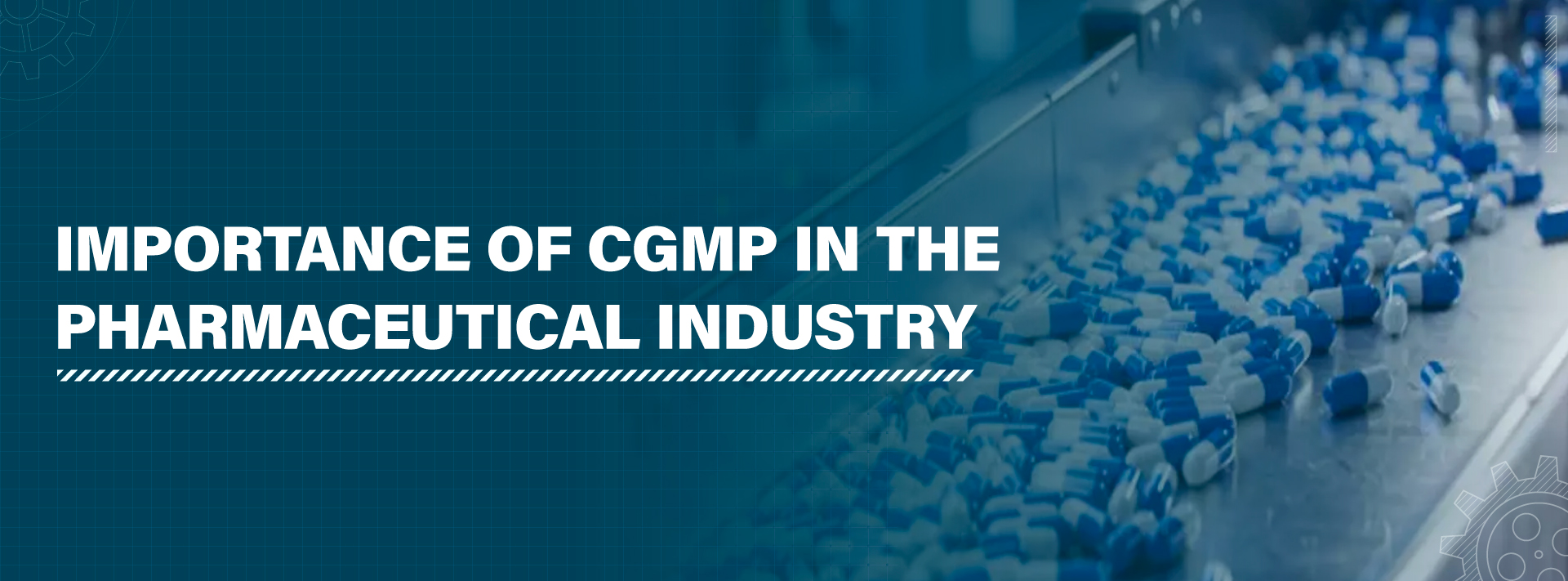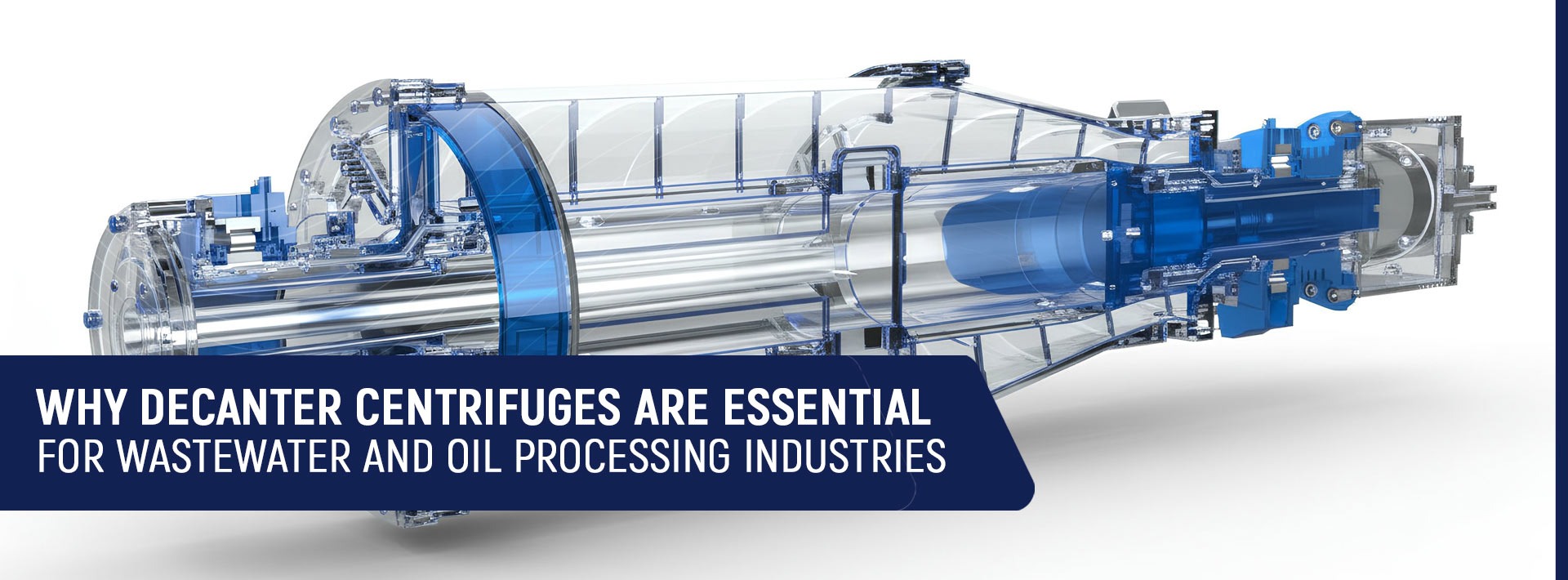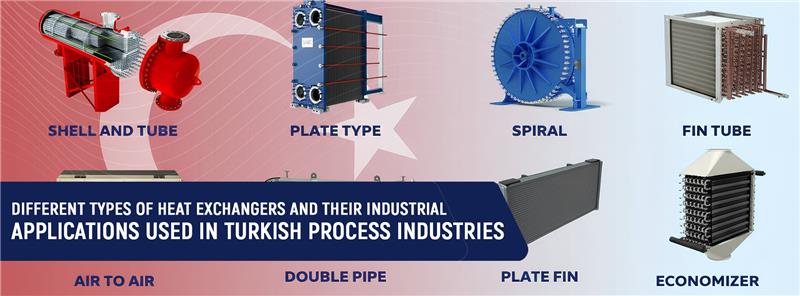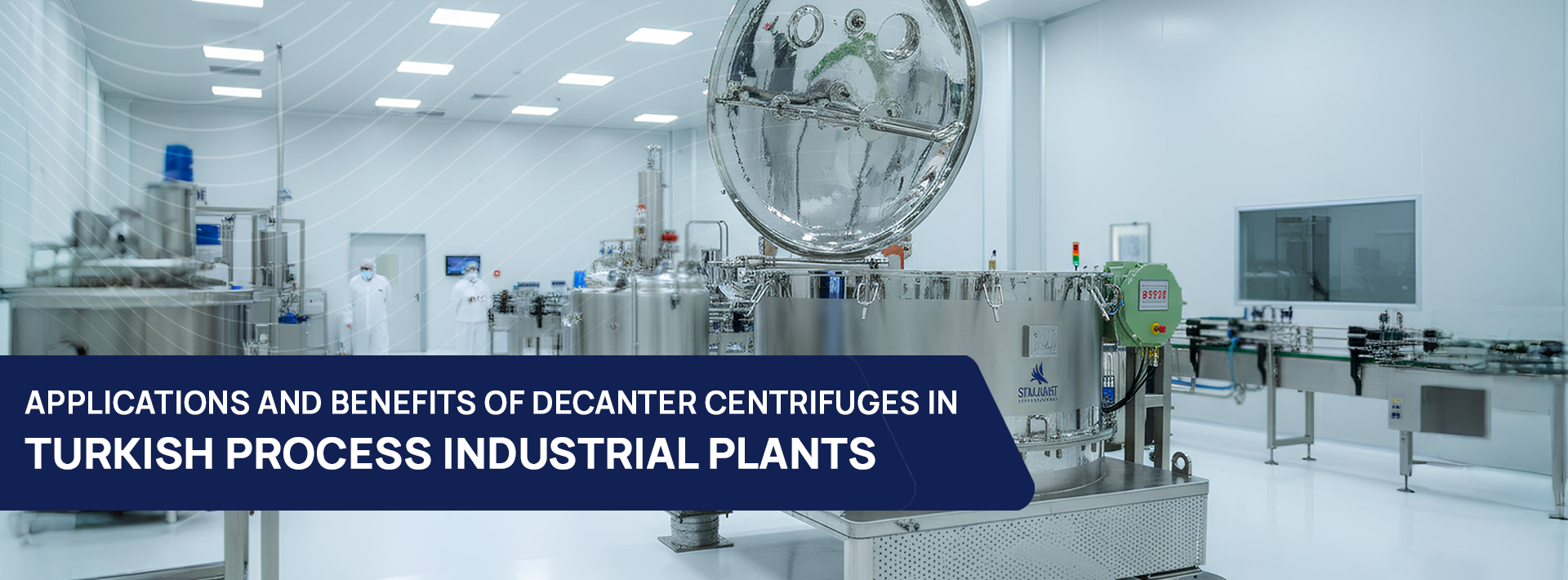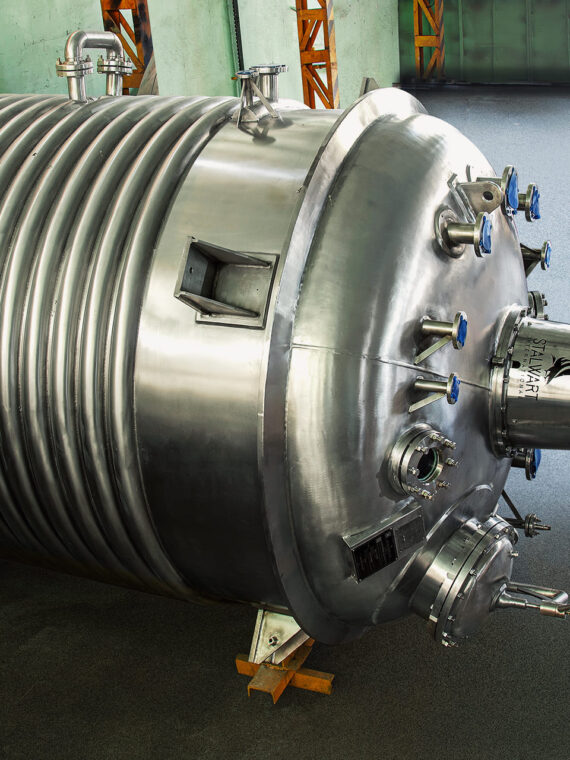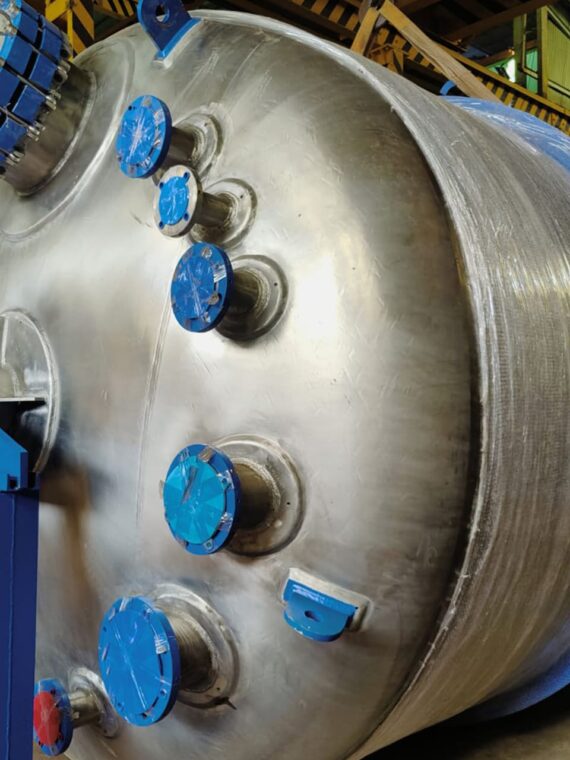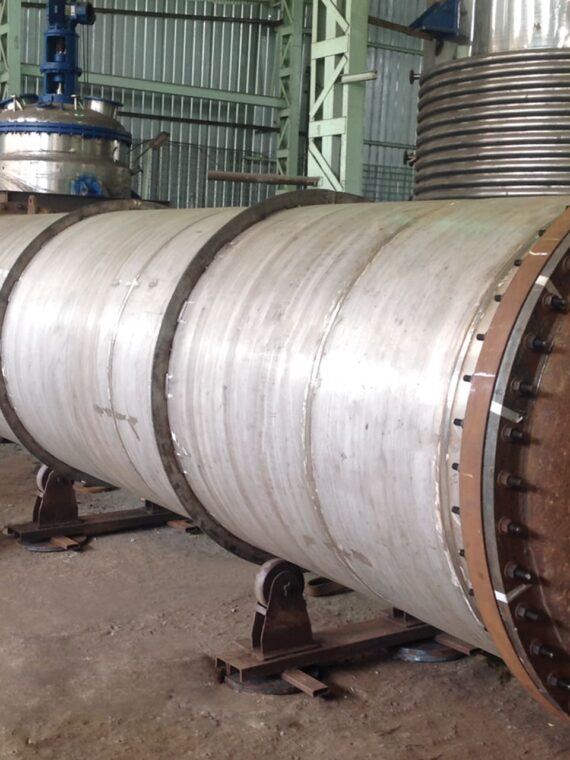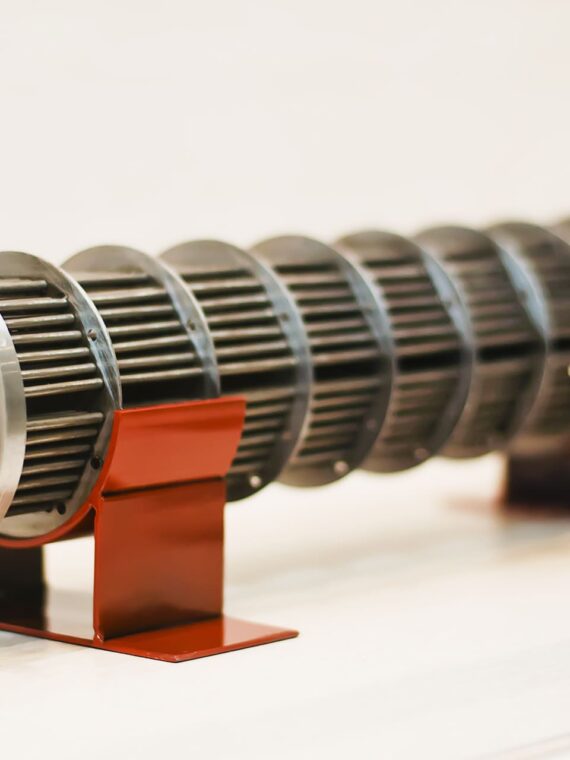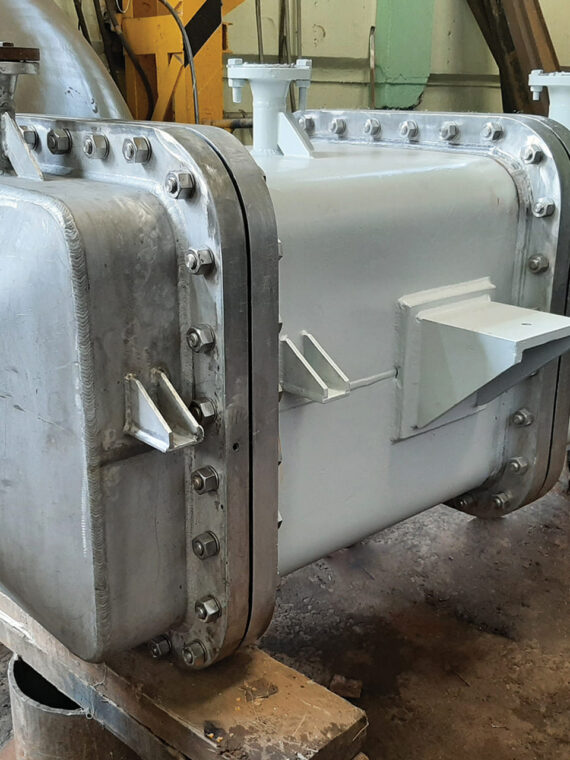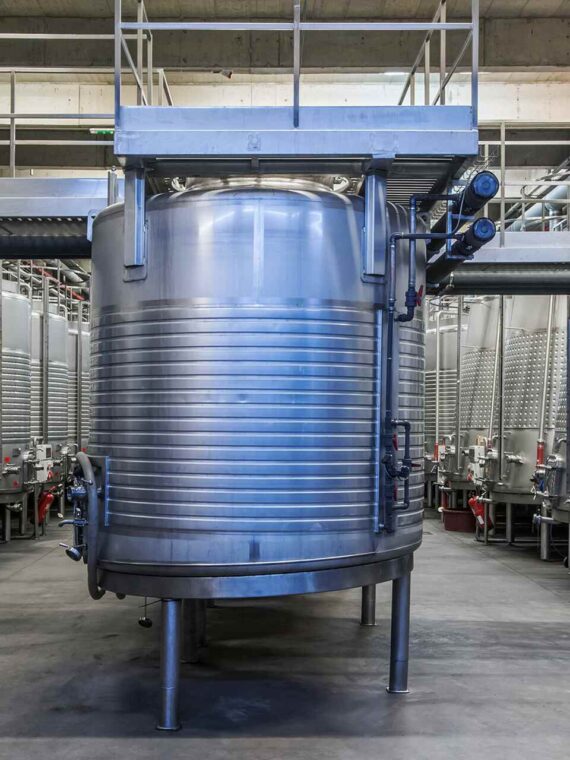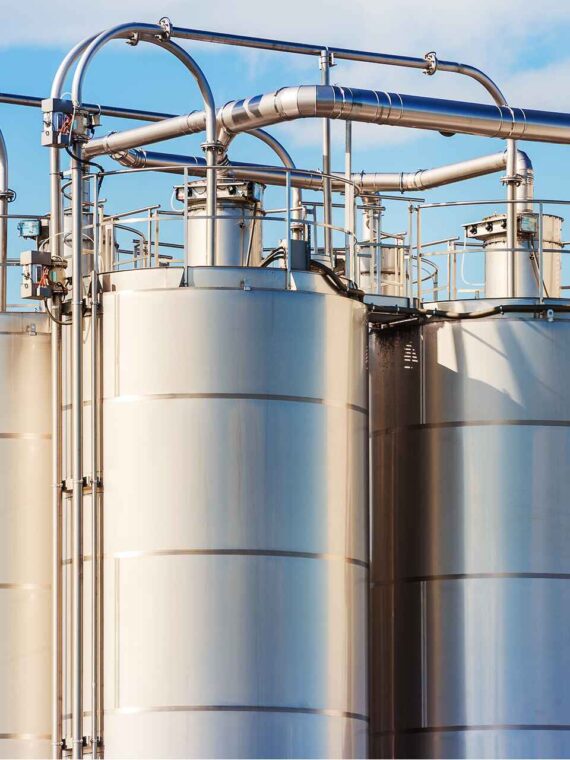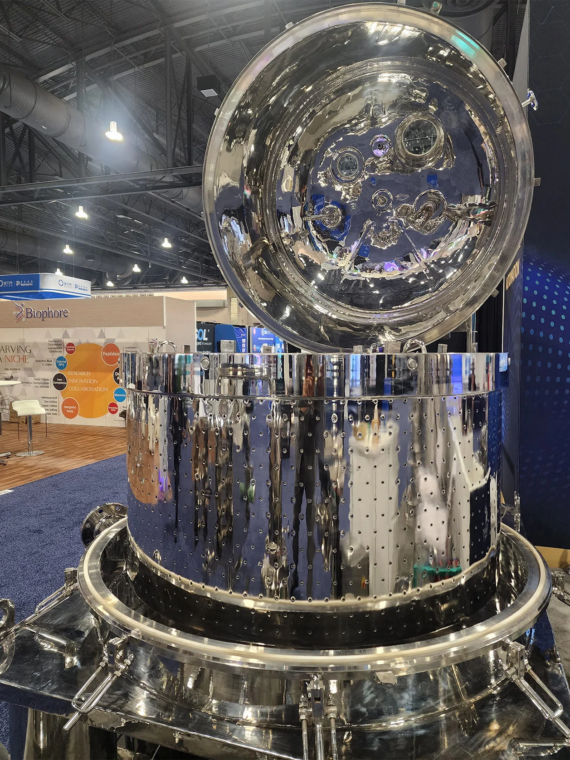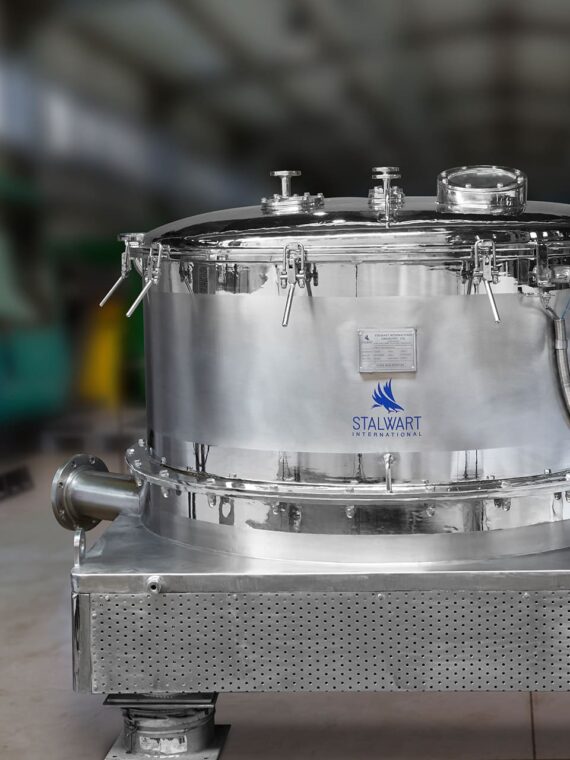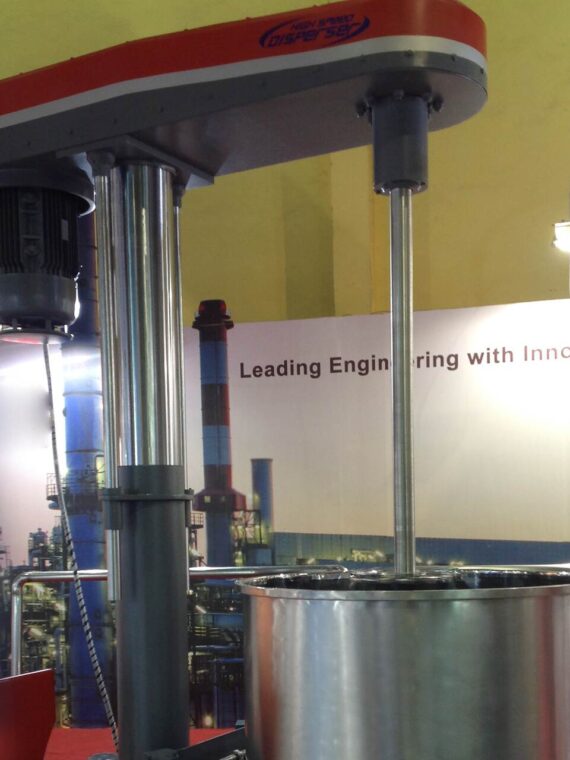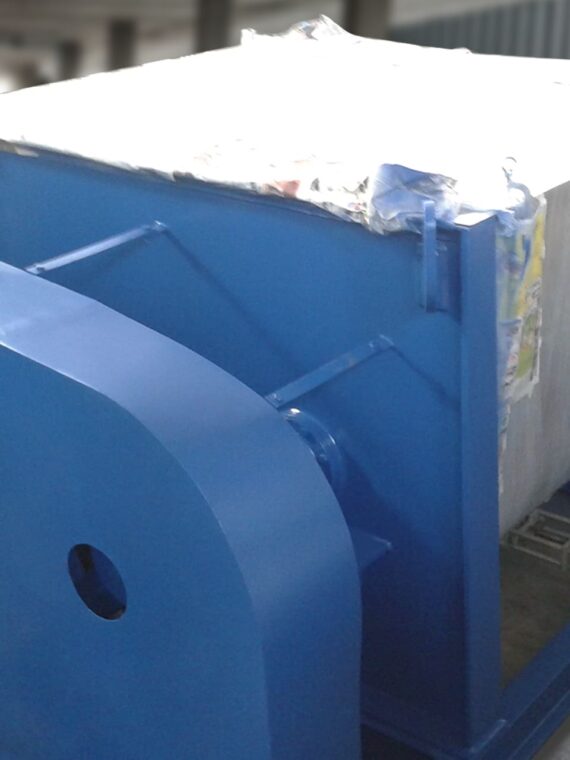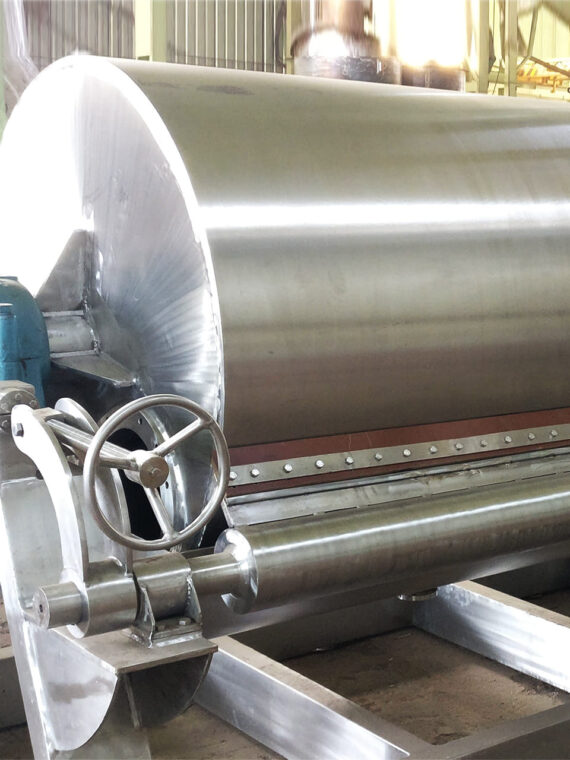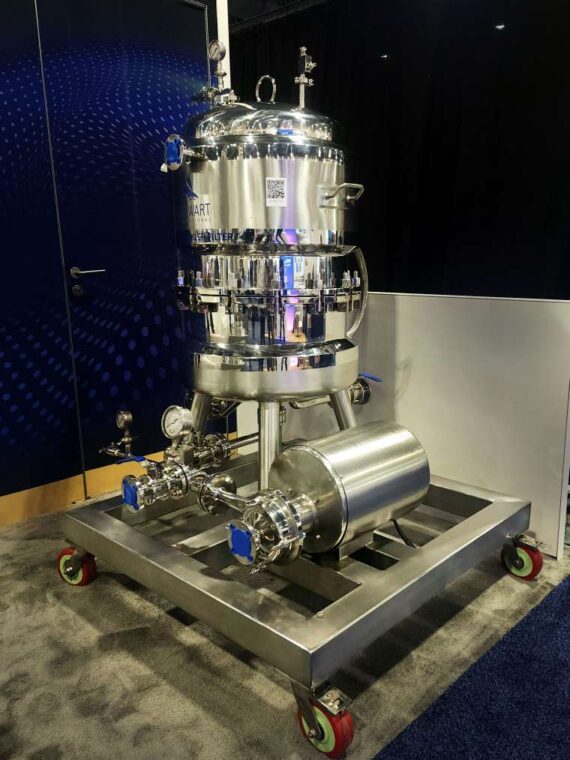Ensuring quality and safety is important in the pharmaceutical manufacturing process. Pharmaceutical companies are required to comply with rigorous regulations and benchmarks referred to as current Good Manufacturing Practices (cGMP). Adhering to cGMP is essential for ensuring the consistency, efficacy, and integrity of every medication reaching patients.
Stalwart International, a top cGMP equipment manufacturer, is familiar with the comprehensive cGMP requirements of the pharmaceutical industry. Whether you seek to maintain rigorous documentation, upgrade facilities, or implement new testing and quality procedures, our dependable equipment and expertise can assist you in your cGMP endeavors.
What is cGMP in the Pharmaceutical Industry?
cGMP stands for current Good Manufacturing Practices and refers to pharmaceutical equipment manufacturing Company laws and guidelines established by regulatory agencies such as the FDA. The objective of cGMP in pharma industries is to guarantee the consistency, quality, safety, and integrity of pharmaceutical products intended for public consumption.
cGMP compliance is required at every stage for pharmaceutical companies, from unprocessed materials to finished goods. cGMP encompasses all elements necessary for the production of safe medications, including quality control, testing, facilities, equipment, processes, and documentation.
Importance of cGMP Compliance
Ensures Quality and Consistency
Pharmaceutical companies can guarantee the quality, integrity, and uniformity of their products across successive batches by strictly adhering to cGMP guidelines. It improves patients’ confidence in the efficacy and safety of the medications they are prescribed. Stalwart International, a distinguished cGMP equipment manufacturer and exporter, provides cutting-edge equipment to ensure consistent and high-quality outputs.
Protects Patient Safety by Minimizing Risks and Errors
Sticking to cGMP reduces the likelihood of human error and systemic failure by implementing rigorous protocols, checks, and documentation at every stage. Reducing adverse events and preventing substandard or contaminated products from accessing the market safeguards patient safety.
Builds Public Trust and Confidence in Pharmaceutical Companies
Businesses that invest visibly in adhering to cGMP standards earn the confidence and goodwill of patients, healthcare providers, and regulatory bodies. It increases brand loyalty and reputation. Collaborating with cGMP equipment manufacturers in India signifies a dedication to excellence to deliver quality products.
Meets Legal and Regulatory Requirements in All Markets Globally
Pharmaceutical markets worldwide require cGMP compliance to grant drug approvals and licenses. Warning letters, import restrictions, and the revocation of operating licenses may result from violations. Working with reputed cGMP equipment suppliers in India guarantees that the clients satisfy regulatory requirements in multiple markets.
Adherence to cGMP guidelines has evolved into an absolute necessity, not only for compliance but also for maintaining pharmaceutical quality standards globally. Companies are required to make cGMP a top priority. It is made possible through the provision of equipment, training, and services by dependable partners such as Stalwart International.
Key Aspects of cGMP Compliance
Here are the key aspects of cGMP compliances:
Facility Design, Maintenance, and Cleaning
Pharmaceutical facilities necessitate meticulous design and maintenance to maximize workflow efficiency and facilitate hygienic, cGMP-compliant operations. Systematic cleaning and sanitization protocols and schedules should be imposed for all utilities, facilities, and equipment.
The trusted cGMP equipment manufacturers in India offer customized facility design consultancy and equipment solutions to enable efficient, contamination-free manufacturing environments. Stalwart International offers customized equipment solutions to ensure contamination-free & cGMP compliant manufacturing environments.
Proper Training and Qualifications of Personnel
Personnel with the necessary knowledge and competencies are essential for cGMP adherence. Regulatory standards dictate that all employees involved in manufacturing operations must possess the necessary education, practical training, and work experience to perform their designated duties.
During equipment commissioning, the companies should conduct comprehensive on-site training for plant personnel regarding cGMP requirements and best methods. Additionally, they should be provided with ongoing training services following implementation.
Extensive Written Procedures and Documentation
Developing and implementing comprehensive, sequential standard operating procedures (SOPs) for all equipment, processes, quality control methods, cleaning, maintenance, apparel, and more is necessary. Each batch, test, audit, and training session, among others, must be meticulously documented in accordance with cGMP standards.
Stalwart International collaborates with pharmaceutical companies to ensure that the appropriate cGMP documentation accompanies new equipment and processes.
Rigorous Testing and Quality Control at All Stages
Extensive testing is required at every stage of production, including raw materials, in-process materials, primary packaging materials, labeling, and completed drug products, to ensure that quality specifications are consistently followed. Companies should provide pharmaceutical analysis for advanced quality control and testing equipment throughout the manufacturing process.
By adhering to these cGMP requirements, chemical process equipment manufacturers play a vital role in ensuring the safety and efficacy of pharmaceutical products, ultimately contributing to public health and well-being.
You May Also Like: The Importance of cGMP in Pharmaceutical Heat Exchangers
Key Takeaways
- The global pharmaceutical market is expected to reach $1.5 trillion by 2028, emphasizing the significant role of quality manufacturing practices.
- As per FDA, non-compliance with cGMP regulations can lead to product recalls, import bans, and even criminal charges, causing significant financial and reputational damage for pharmaceutical companies.
- Investing in cGMP-compliant equipment and processes can improve product quality, reduce manufacturing costs, and enhance brand reputation, leading to long-term competitive advantage.
- By adhering to these cGMP requirements, process equipment manufacturers play a vital role in ensuring the safety and efficacy of pharmaceutical products, ultimately contributing to public health and well-being.
Stalwart International, a leading exporter of cGMP equipment in India, collaborates with businesses around the globe to supply the necessary equipment, training, and maintenance services to ensure complete cGMP compliance. By utilizing our tailored cGMP solutions, companies can consistently adhere to changing regulatory standards and guarantee that the medications that reach patients are efficacious, potent, and pure.
FAQs
What does cGMP stand for in the pharmaceutical industry?
cGMP stands for “current Good Manufacturing Practices.” It refers to the guidelines and regulations enforced to ensure the quality, safety, and efficacy of pharmaceutical products.
Why is cGMP important in the pharmaceutical industry?
cGMP ensures that pharmaceutical products are consistently produced and controlled according to strict quality standards, minimizing risks such as contamination, incorrect labeling, and subpar quality.
How does cGMP benefit pharmaceutical companies?
cGMP helps pharmaceutical companies maintain regulatory compliance, improve product quality, reduce waste, and build consumer trust. Non-compliance can lead to severe penalties, product recalls, and reputational damage.
Can small pharmaceutical companies afford to implement cGMP?
A10: Yes, small companies can implement cGMP by scaling practices according to their operations while ensuring compliance. Proper planning and investment in quality systems are essential for maintaining industry standards.
Why choose StalWart International for cGMP needs?
StalWart International offers a combination of expertise, innovative solutions, and compliance-driven strategies, ensuring pharmaceutical companies achieve top-tier manufacturing practices under cGMP.


